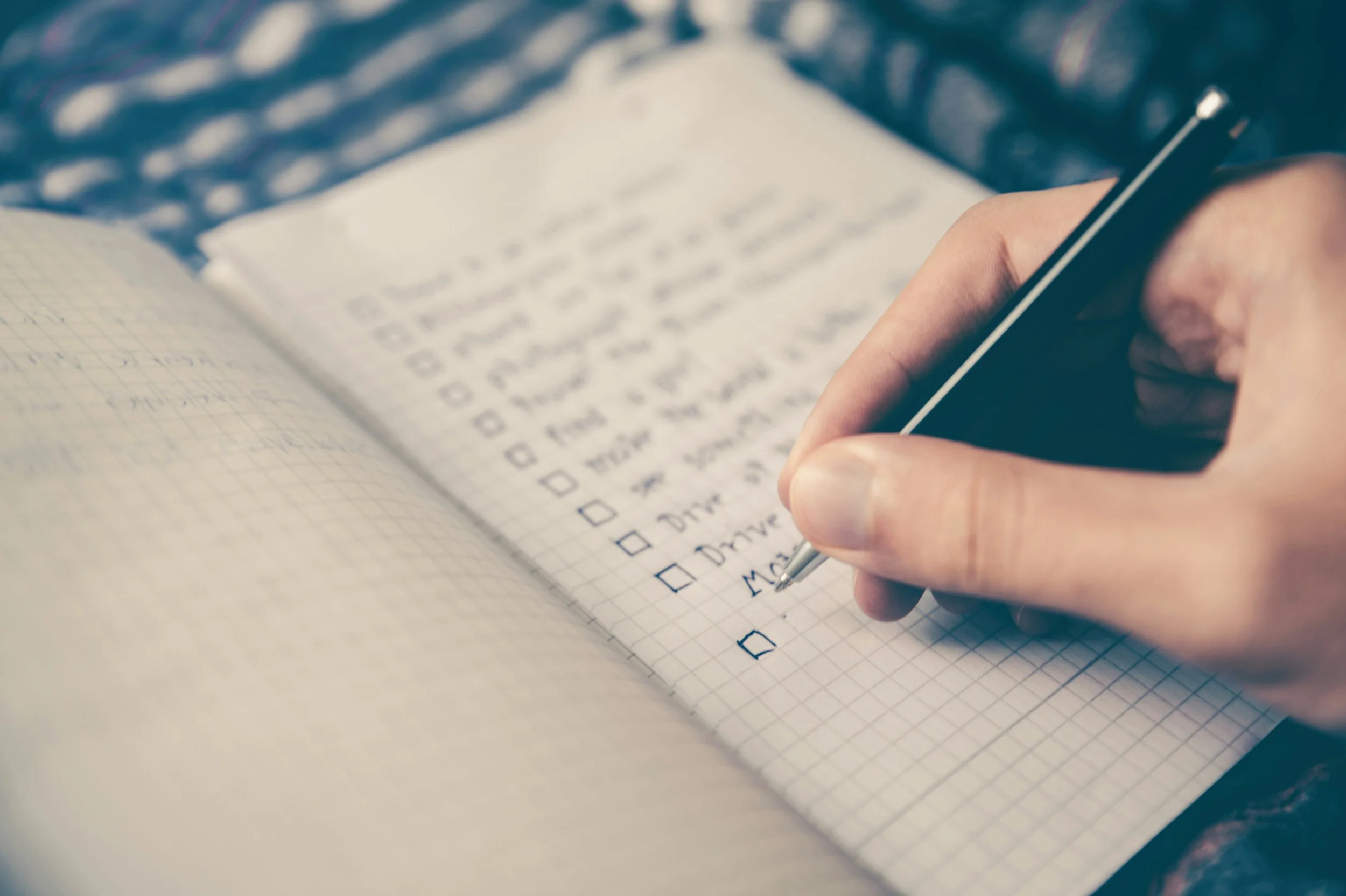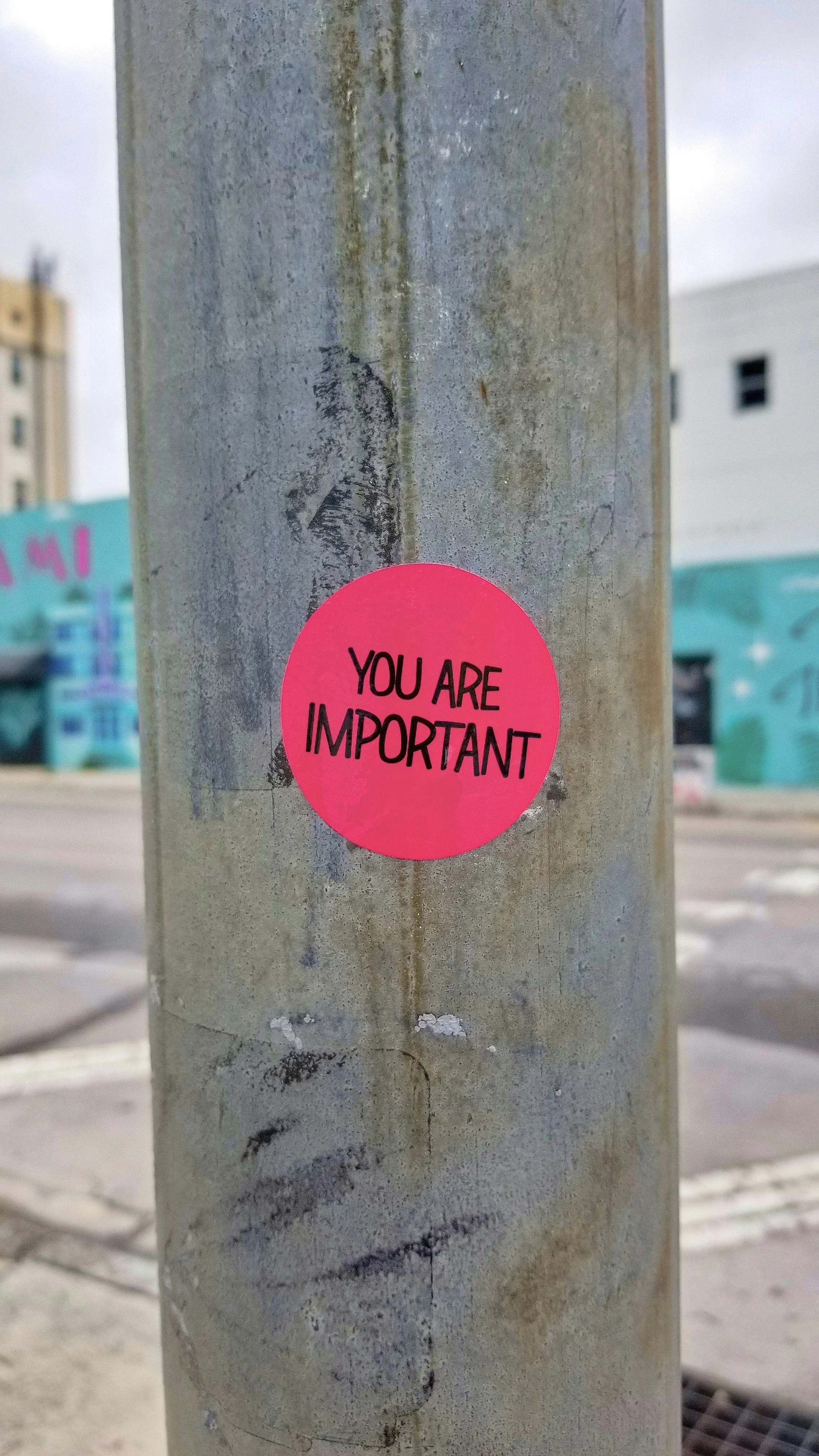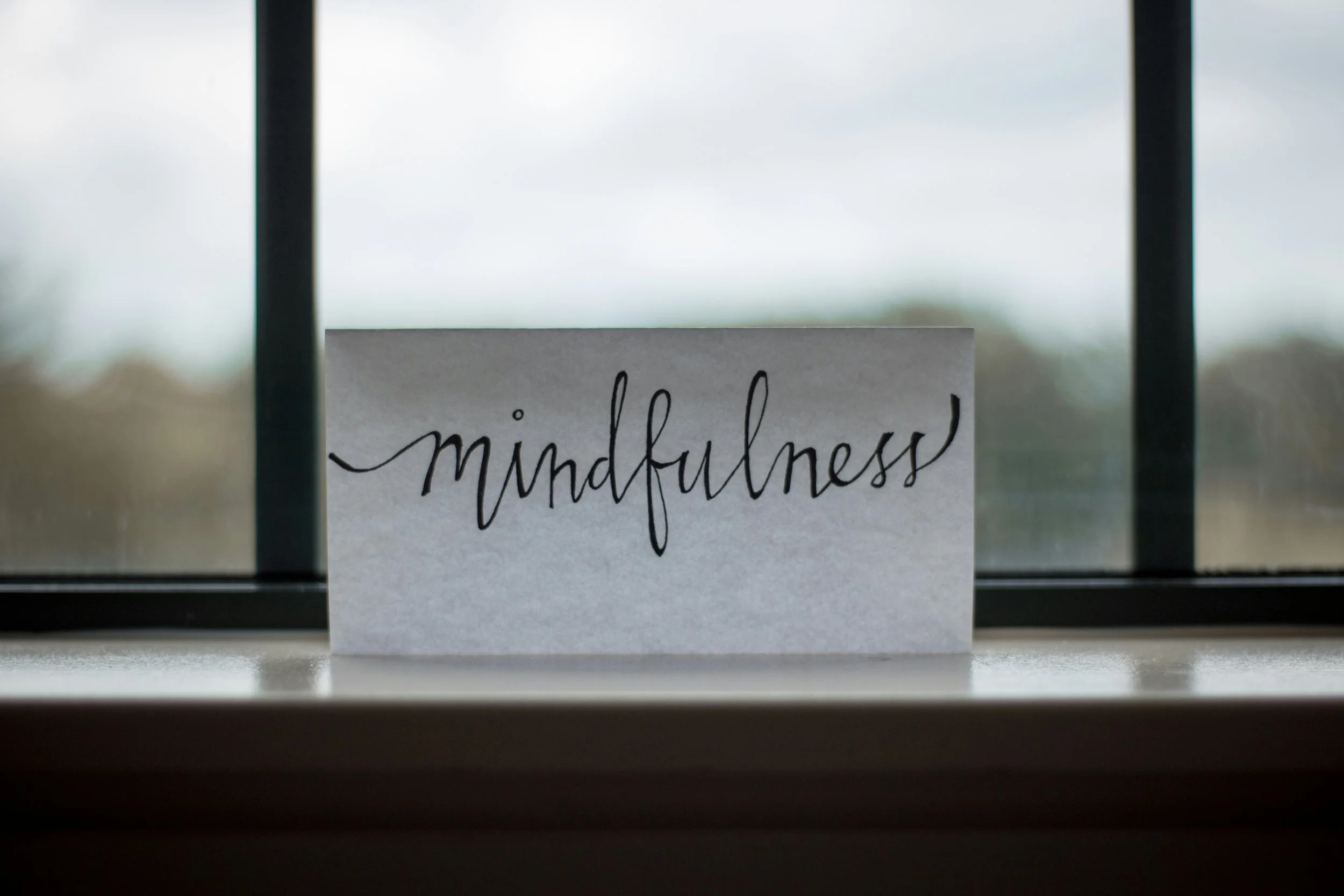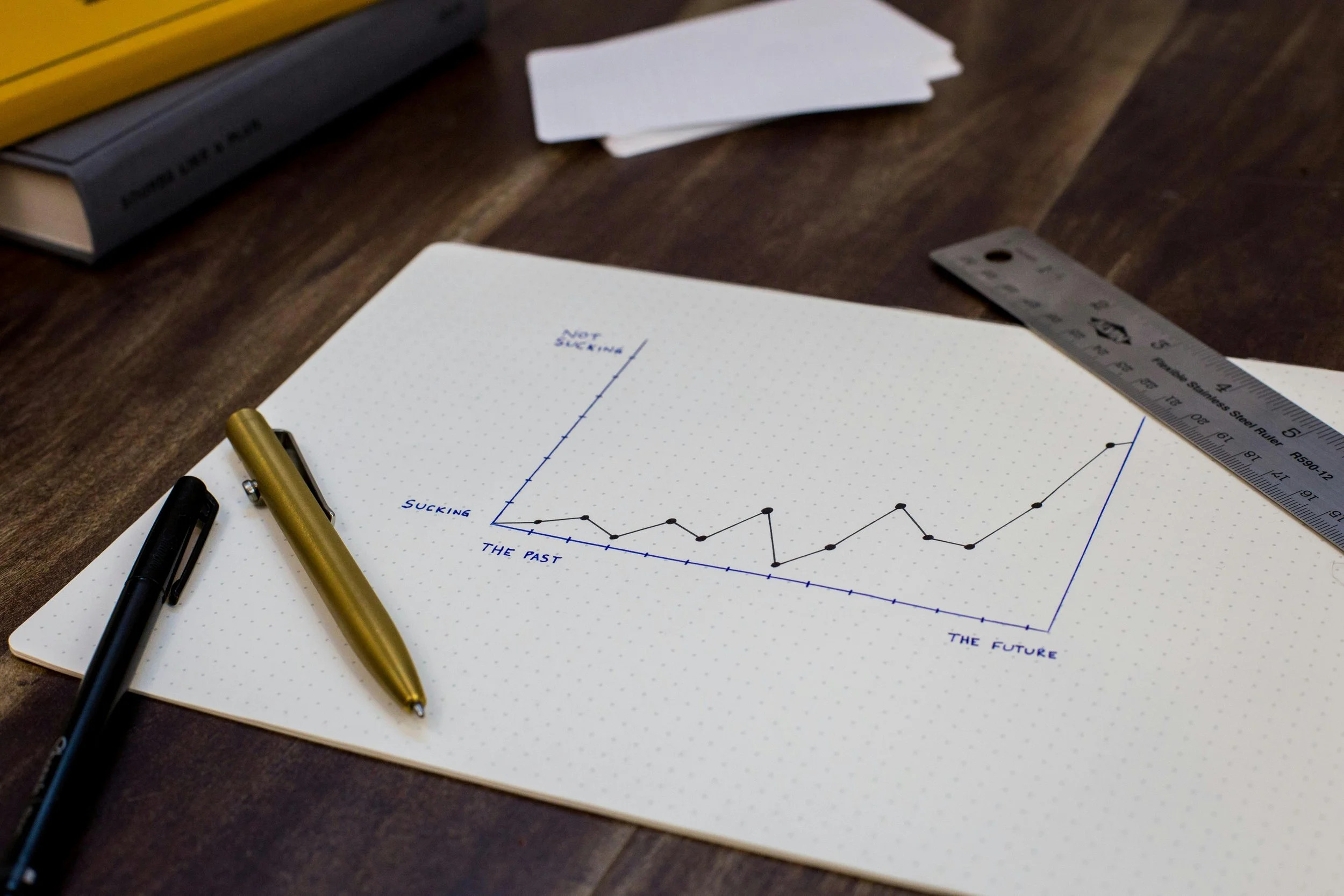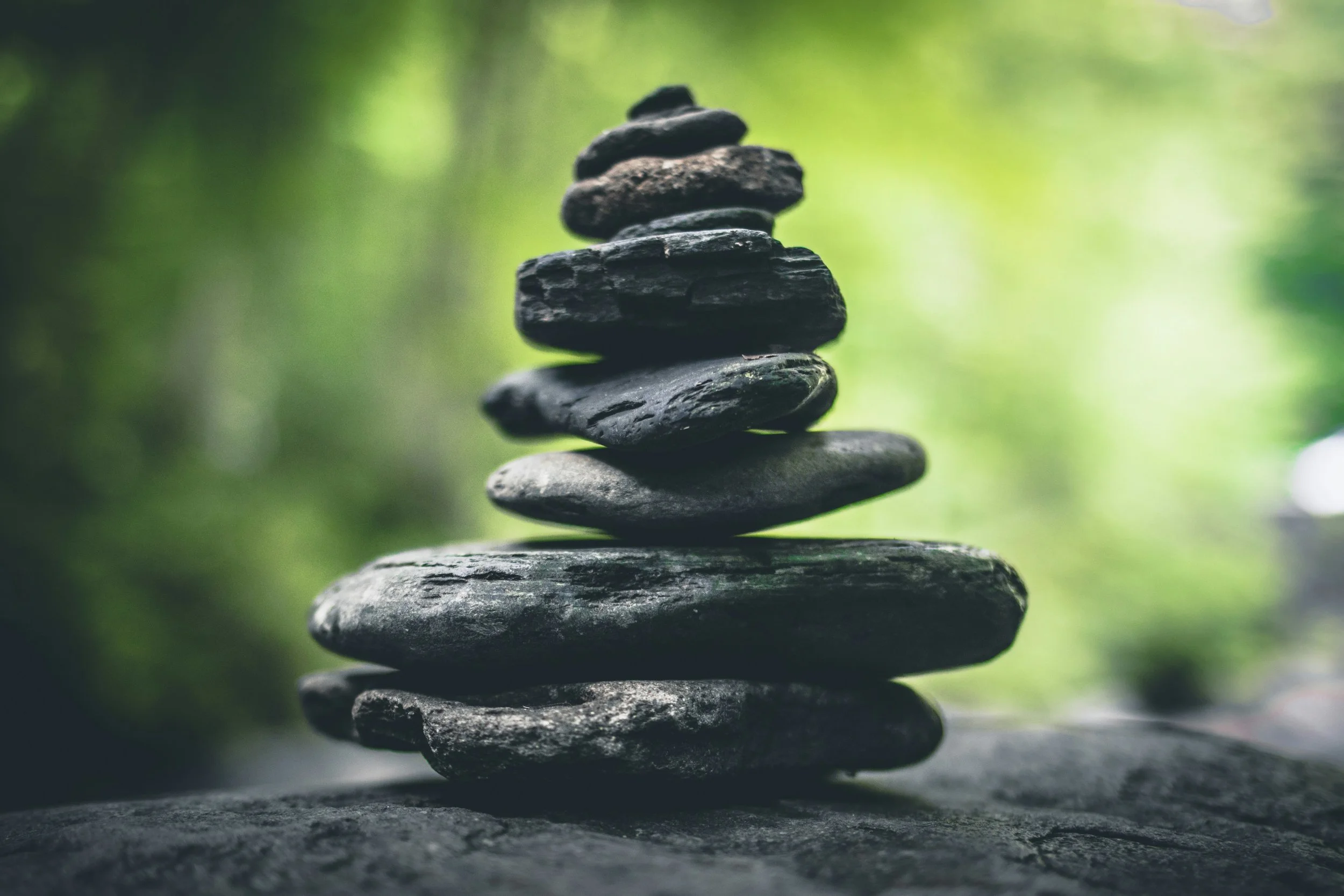
Blog
Catch up on my thoughts and reflections here…. If you’re interested in leadership, life balance, burnout avoidance and recovery, this is the place to be!
Leadership Prioritisation: The Key to Unlocking Success and Reducing Stress
Prioritisation is not just about managing time; it's about managing focus, energy, and resources. The ability to focus on what truly matters can make the difference between thriving and merely surviving.
Image credit: Photo by Glenn Carstens-Peters on Unsplash
Learning to say no in leadership
As a leader, it can be tempting to say “yes” to every request that comes your way. However, learning to say “no” is a necessary and valuable skill for any effective leader. This blog covers why saying no is important, and gives top tips on how to do it well.
image credit: Photo by Florian Schmetz on Unsplash
The Power of Societal Contribution in Burnout Recovery and Resilience
In this final blog in my burnout recovery series, it's time to explore a crucial element that often goes overlooked: societal contribution. Discover how giving back to society can be the missing piece in your long-term resilience strategy.
image credit: Nathan Lemon on Unsplash
Reflecting, Learning, and Planning: A Leader's Guide to New Year Goal Setting
As we move into the new year, it's a good opportunity for leaders to pause, reflect, and strategically plan for the future. This blog explores the benefits and approaches to taking the principle of resolution setting and applying these to leadership, to bring about meaningful goals and tangible action in the year ahead.
image credit: Photo by Ronnie Overgoor on Unsplash
Navigating the Winter Storm: Leadership Resilience in the NHS and Public Sector
With Christmas now upon us, I’ve been reflecting on the unique set of challenges this brings to leaders in healthcare and across wider public services.
This blog explores the importance of leadership resilience during this critical period and offers practical strategies for both individual leaders and their teams to weather the storm.
The Importance of Self-Care in Burnout Recovery: 8 Personal Priorities
While sleep and exercise are obvious and crucial roles in burnout recovery, there are many other aspects of self-care that are equally important. This blog explores how prioritising yourself and your well-being is essential, and is step 6 in my burnout recovery series.
Photo by George Pagan III on Unsplash
Mindfulness in Burnout Recovery: 5 Methods for Focusing on the Present
We all have busy lives, and are exposed to varying amounts of stress in our everyday lives with many of us experiencing burnout.
As we continue our exploration of burnout recovery, let's delve into the transformative power of mindfulness – blog 5 in my burnout recovery series.
Photo by Lesly Juarez on Unsplash
Accountability as a Shield Against Burnout: 7 Tips to Building Leadership Accountability
In the world of leadership, burnout looms as a constant threat. In Deloitte’s 2021 survey, 77% of executives reported experiencing burnout in their current job.
The pressures of guiding a team or organisation can overwhelm even the most experienced leaders. However, accountability can be a powerful safeguard against burnout, building resilience throughout individuals and teams.
Photo by Isaac Smith on Unsplash
The Healing Power of Connection: 7 Tips for Nurturing Relationships to Aid Burnout Recovery
Burnout has become a pervasive issue affecting people from all walks of life and is increasing in prevalence. While often attributed to work-related stress, its impact extends beyond the workplace, affecting mental, emotional, and physical well-being. In the burnout recovery journey, there is a critical recovery step: social connection.
Blog 4 in my burnout recovery series
Photo by Chang Duong on Unsplash
Forgetting How to Remember: 6 Recovery Strategies for Memory Loss in Burnout
Memory is an essential part of our daily lives, from recalling important information to performing routine tasks. However, for those experiencing burnout, memory loss can become a debilitating symptom that significantly impacts their quality of life. This article explores the connection between burnout and memory loss, its effects, and strategies for recovery.
Photo by Milad Fakurian on Unsplash
Building resilience: the power of a growth mindset
Life is unpredictable and brings challenges and setbacks. Our ability to navigate adversity is shaped by experiences, environment, and mindset. A growth mindset is crucial for personal development and resilience in stressful situations, and developing a growth mindset is step 3 in burnout recovery.
The healing power of exercise: resilience and burnout recovery through activity
Everyone knows that exercise is important for physical health, but I wonder how many of us realise that exercise is also an essential activity for our mind and soul. It improves your resilience, lowers stress and, for those who have tipped into burnout, is a vital second step to recovery.
Photo by Kevin Wolf on Unsplash
Burnout Recovery: 8 Tips for Improving Sleep and Overcoming Exhaustion
Sleep disturbances affect two-thirds of people at some point in their lives. For those experiencing burnout, sleep issues can be particularly challenging and persistent.
Sleep recovery is an essential first step in burnout resolution.
Burnout recovery blog No. 1
Photo by Christopher Jolly on Unsplash
Leading with Balance: 9 Strategies for Resilient Leadership
Leadership is a unique skill set focused on inspiring, guiding, and motivating others to achieve common goals.
However, one crucial element often overlooked is resilience – the link between a leader's health and their effectiveness.
Photo by Sean Stratton on Unsplash
Stress and burnout: differences and risk factors
Stress and burnout are used interchangeably but they are different...understand the difference and explore the risk factors.
image credit: Saad Chaudhry
Listen to your body… signs and symptoms of burnout
With burnout impacting over 50% of us in our lives, the impact can be scary and devastating to our lives, and the loves of others. Be able to recognise the signs and symptoms, so you can take early action.
